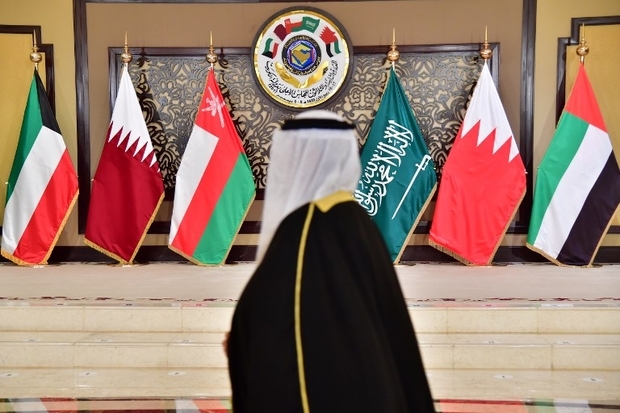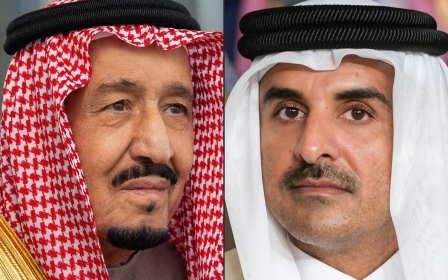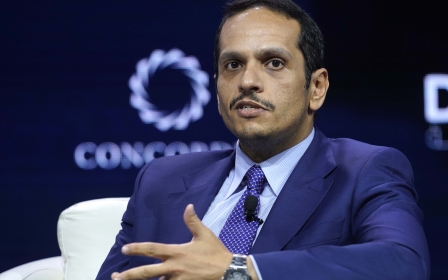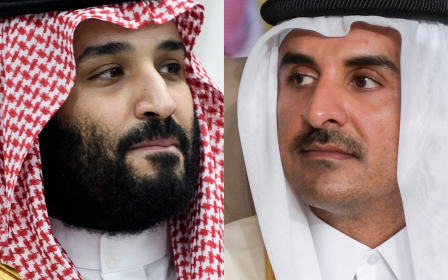Tehran welcomes 'small progress' over Gulf tensions

Steps towards healing the two-year diplomatic rift between neighbours Saudi Arabia and Qatar are positive for the whole region, Iranian Foreign Minister Mohammad Javad Zarif said on Sunday in Doha.
Qatar's foreign minister, Sheikh Mohammed bin Abdul Rahman al-Thani, said on Saturday that "a little progress" had been made into ending the Gulf crisis.
The diplomatic crisis was set off when Saudi Arabia, the United Arab Emirates, Bahrain and Egypt cut off ties with Qatar in 2017 and imposed an air, land and sea blockade over allegations of terrorism and fostering closer ties with Iran.
Qatar has repeatedly rejected the allegations against it and accused the boycotting countries of trying to interfere in its affairs.
Qatari Prime Minister Sheikh Abdullah bin Nasser Al Thani attended an annual Gulf Cooperation Council (GCC) summit in Saudi Arabia last Tuesday, its highest representation at the meeting since 2017.
Asked at the Doha Forum in Qatar if the recent contact between Doha and Riyadh was good for the region, Zarif told reporters: "Of course it is."
Zarif claimed "some regional actors" had tried to establish their own power in the region, damaging the Gulf as a whole.
"Saddam Hussein's invasions of Iran and Kuwait, the Saudi blockade against Qatar and the war in Yemen are but examples of catastrophic miscalculations to use misperceived opportunities to achieve regional hegemony," he said.
Sheikh Mohammed briefly met with Zarif in public at the forum on Sunday and sat in the audience as the Iranian foreign minister gave an address.
Kuwait and the United States have tried to mediate the rift between Qatar and its neighbours, which has undermined Washington's efforts to confront Iran.
Mainly Shia Iran and Sunni Muslim Saudi Arabia are locked in a struggle for influence in the Gulf region.
There have been indications that a rapprochement between Qatar and its allies might be in the works, with some observers expecting the summit to take the shape of a reconciliation meeting. However, the gathering concluded without public comments on the crisis.
The absence at last week's GCC summit of Qatar's emir, who had been invited by Saudi King Salman, has also somewhat dampened expectations of an imminent breakthrough.
The Riyadh-led bloc initially set out 13 demands that it said could resolve the crisis, including the closure of a Turkish military base; cutting links with the Muslim Brotherhood; the closing of Al Jazeera TV; and reducing ties with Iran.
Doha has so far refused to comply and rejected the assertions made about its policies.
During the summit last week, King Salman called for regional unity to confront Iran and secure energy supplies and maritime channels.
The summit's final communique stressed the need to strengthen military and security cooperation between member states and called for finalising legislation for regional economic integration, including the creation of a financial and monetary bloc by 2025.
Middle East Eye delivers independent and unrivalled coverage and analysis of the Middle East, North Africa and beyond. To learn more about republishing this content and the associated fees, please fill out this form. More about MEE can be found here.




